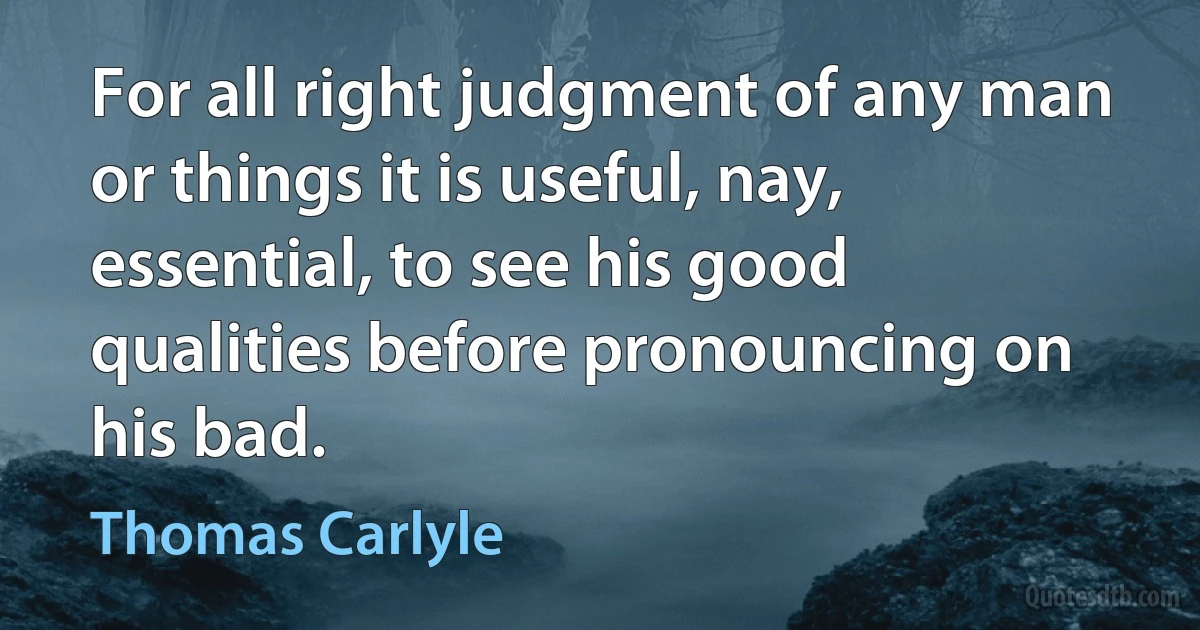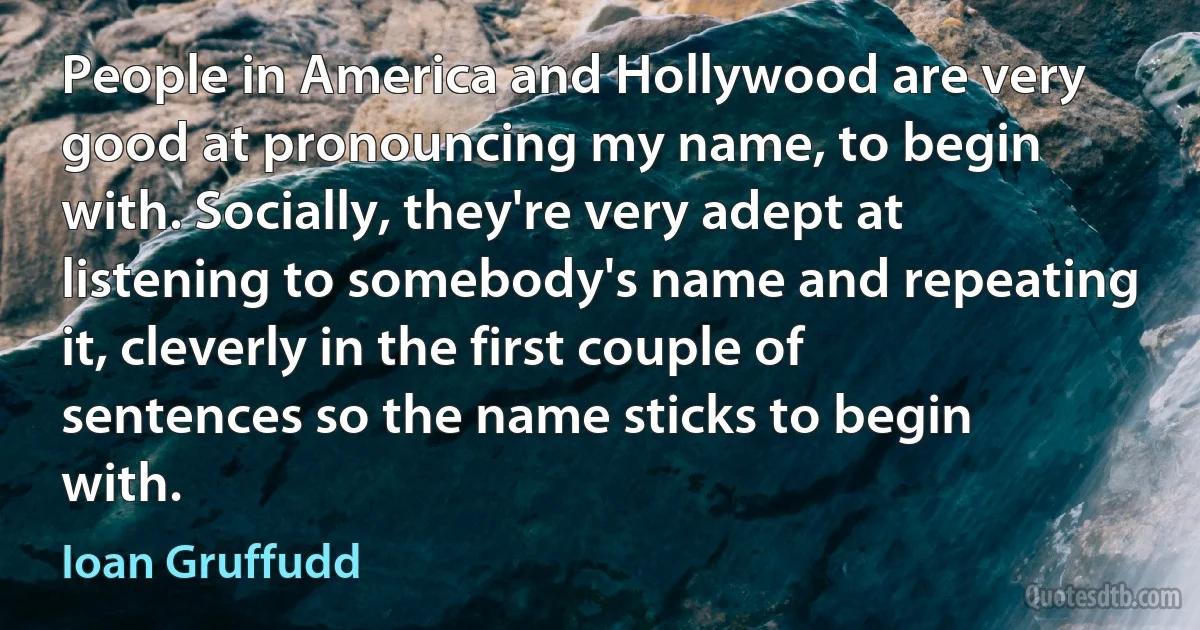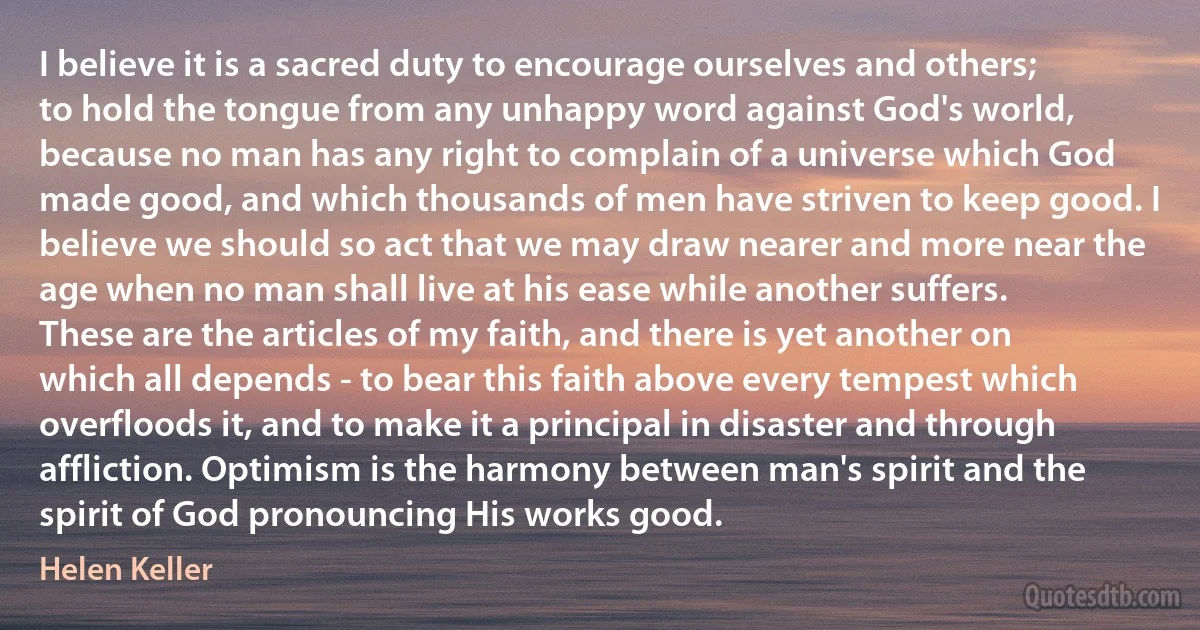Pronouncing Quotes
It lies deep in our habits, confirmed by all manner of educational and other arrangements for several centuries back, to consider human talent as best of all evincing itself by the faculty of eloquent speech. Our earliest schoolmasters teach us, as the one gift of culture they have, the art of spelling and pronouncing, the rules of correct speech; rhetorics, logics follow, sublime mysteries of grammar, whereby we may not only speak but write. And onward to the last of our schoolmasters in the highest university, it is still intrinsically grammar, under various figures grammar. To speak in various languages, on various things, but on all of them to speak, and appropriately deliver ourselves by tongue or pen,-this is the sublime goal towards which all manner of beneficent preceptors and learned professors, from the lowest hornbook upwards, are continually urging and guiding us.

Thomas Carlyle
Were I to sum up the Basel Congress in a word - which I shall guard against pronouncing publicly - it would be this: At Basel, I founded the Jewish State. If I said this out loud today, I would be answered by universal laughter. Perhaps in five years, certainly in fifty, everyone will know it.

Theodor Herzl
The holy man, persuaded that they belonged to some idolatrous people and that in their own language they gave adherence to the Christian faith, invited them to receive baptism.
"I think," said he to them, "that you bathe often, for all the hollows of the rocks are full of pure water, and as I came to your assembly I saw several of you plunging into these natural baths. Now purity of body is the image of spiritual purity."
And he taught them the origin, the nature, and the effects of baptism.
"Baptism," said he to them, "is Adoption, New Birth, Regeneration, Illumination."
And he explained each of these points to them in succession.
Then, having previously blessed the water that fell from the cascades and recited the exorcisms, he baptized those whom he had just taught, pouring on each of their heads a drop of pure water and pronouncing the sacred words.
And thus for three days and three nights he baptized the birds.

Anatole France
Regarding mutual tolerance It is negative in one sense, but positive in another. It absolutely forbids us to be forward in pronouncing on the meaninglessness of forms of existence other than our own and it commands us to tolerate, respect, and indulge those whom we see harmlessly interested and happy in their own ways, however unintelligible these may be to us. Hands off ....

William James
It is not a question of the mass-man being a fool. On the contrary, to-day he is more clever, has more capacity of understanding than his fellow of any previous period. But that capacity is of no use to him; in reality, the vague feeling that he possesses it seems only to shut him up more within himself and keep him from using it. Once for all, he accepts the stock of commonplaces, prejudices, fag-ends of ideas or simply empty words which chance has piled up within his mind, and with a boldness only explicable by his ingenuousness, is prepared to impose them everywhere.... Why should he listen if he has within him all that is necessary? There is no reason now for listening, but rather for judging, pronouncing, deciding. There is no question concerning public life, in which he does not intervene, blind and deaf as he is, imposing his "opinions."

José Ortega y Gasset
Great virtues may draw attention from defects, they cannot sanctify them. A pebble surrounded by diamonds remains a common stone, and a diamond surrounded by pebbles is still a gem. No one should attempt to refute an argument by pronouncing the name of some man, unless he is willing to adopt all the ideas and beliefs of that man. It is better to give reasons and facts than names. An argument should not depend for its force upon the name of its author. Facts need no pedigree, logic has no heraldry, and the living should not awed by the mistakes of the dead.

Robert G. Ingersoll



